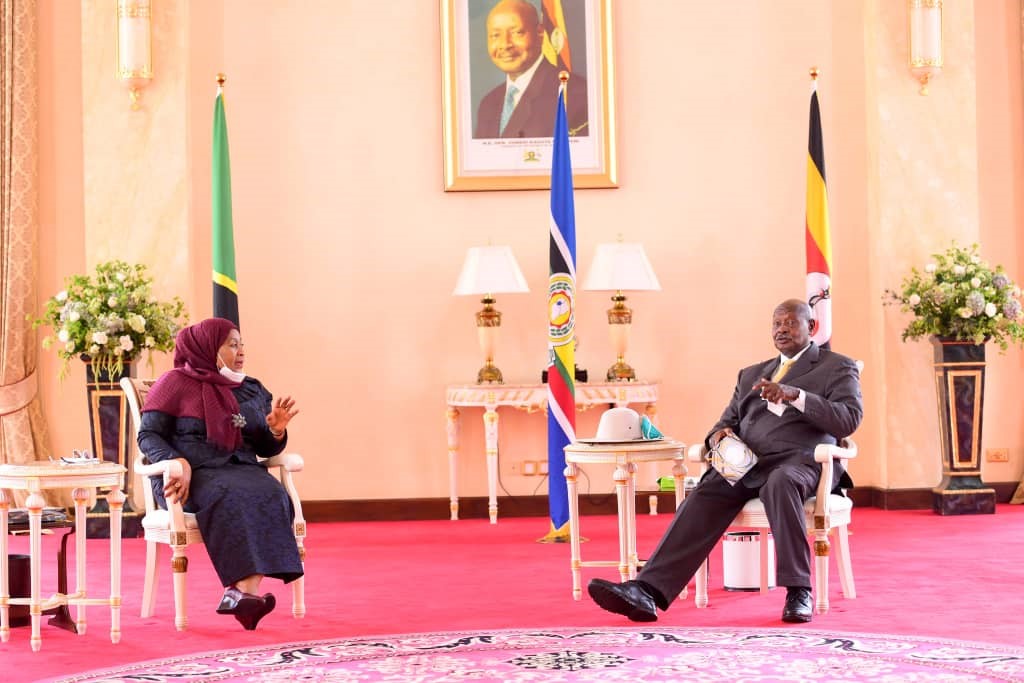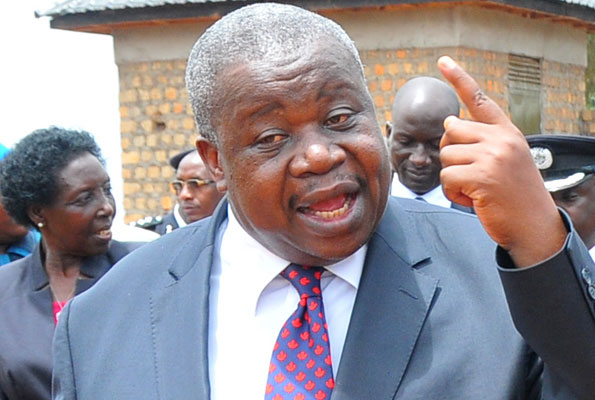Maize is one of Uganda’s big exports to EAC member states
The cost of doing business in the East African Community (EAC) has significantly reduced in recent years thanks to the various interventions by member states.
The EAC has a membership of Uganda, Kenya, Rwanda, Burundi, South Sudan, United Republic of Tanzania, Democratic Republic of Congo and Federal Republic of Somalia, with 331 million people, a GDP of US$296 billion and an Intra-EAC total trade estimated at US $12.1 billion in 2023.
Edith Mwanje, the Permanent Secretary in the EAC Ministry – Uganda told the media in Kampala on Friday that the time and cost of transporting goods between ports has decreased. For example, she said that transportation from Dar es Salaam has gone from 21 days to 7 days, Mombasa to Kampala has been reduced to 3 days, significantly reducing the cost from US$3,100 to US$1,025.
According to Mwanje, the enhancement and support of the Centralized System to facilitate the exchange of information under the Single Customs Territory (SCT) in Partner States is ongoing.
She was updating the nation on the performance of her ministry in the implementation of the 2021-2026 NRM Manifesto.
Mwanje noted that under the EAC MarkUP Project, extra regional trade values and in particular, exports to Europe increased for coffee and avocado.
“Coffee exports to EU markets more than doubled from of $488 million recorded in 2018 to $1.04 billion for the current reporting period. Avocado exports grew by 5% from $85.5 million to $90 million for the reporting period while tea exports to EU markets declined,” she said, adding: “In Uganda, One indicator ‘Number of resistant cocoa varieties developed and available for producers targeting international market’ is fully achieved while the indicator ‘Number of resistant coffee varieties developed and available for producers targeting international market’ is on track at 90%.”
In the EAC roads sub sector, Mwanje said that in the Kenya/Uganda Kisumu-Kisian-Busia/Kakira-Malaba & Busitema-Busia Expressway, the procurement process for a consultant to undertake the feasibility and funding options study is at an advanced stage.
In the Civil Aviation and Airports, Mwanje noted that the harmonization of the EAC Civil Aviation Policy and Regulation is progressing, with 45% completion.
“The regulations for liberalization of air transport services are 75% complete and awaiting endorsement before promulgation,” said Mwanje.
The Ministry says Uganda’s exports to the East Africa Community rose to US$2.2 billion in 2023. This is up from US$ 1.532 billion i 2021 and US$ 1.943 billion in 2022.
Other achievements include:
-17 Ugandan Students On African Centres of Excellence Project Female Scholarship program (2018-2023). The students pursue various Masters Courses in the fields of Agriculture.
-28 Ugandan Students studying in South Korea, (2019-2024). The beneficiaries Undertake Smart Computing, Artificial Intelligence, Hotel Management and Business Administration.
-16 Ugandan Students Studied in Arusha, They undertook Postgradatute training in ICT and Mobile Embedded Systems (2020-2023). The program ended in 2023 and the candidates have completed their studies and graduated
-44 Ugandan lecturers sent to other countries under the Staff Mobility program 2019 – 2024, while 48 staff from other countries were hosted to teach in Uganda.
-EAC-KFW Scholarship Statistics in 3 cohorts : Phase I: 2018-2026. 30 Ugandan students benefit in the EAC-KFW Germany scholarship program
However, Mwanje said that small budget allocated to the Ministry is still a challenge.
Secondly, she said that the Intra EAC Trade ($10.17 billion) 20% share of Intra-trade to global trade is a challenge.
She added that there is low levels of awareness on EAC matters among Ugandan citizens. This, she said is coupled with slow implementation of the One Network Area (ONA).
She also noted that partner States don’t make their annual contributions, making it challenging to run EAC affairs.





